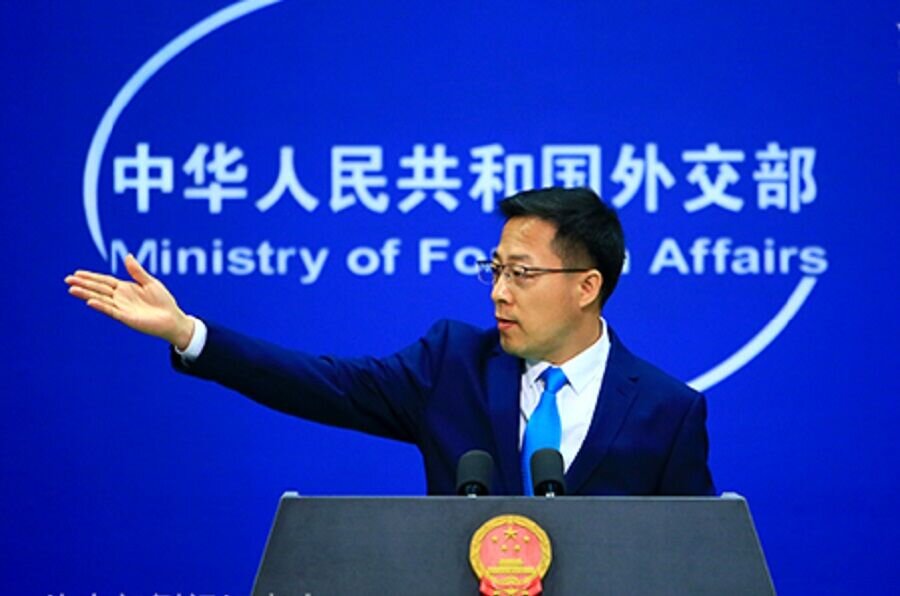China does not support IAEA’s anti-Iran resolution

TEHRAN – Chinese Foreign Ministry spokesperson Zhao Lijian has said that China does not support a resolution by the International Atomic Energy Agency’s Board of Governors which just increases tension.
In a press conference, he urged the IAEA to act unbiasedly, IRNA reported on Monday.
The IAEA is expected to adopt a professional position and support Iran’s peaceful nuclear activities, he noted.
The 35-member IAEA board passed the resolution on Friday, demanding access to two old places they claim nuclear work may have been done there.
Nine countries out 35 members to the IAEA board did not vote for the resolution. China and Russia voted against the resolution and Thailand, Mongolia, Niger, South Africa, India, Pakistan and the Republic of Azerbaijani abstained to vote.
Iran’s new parliament have issued a statement strongly condemning the resolution, asking the government to stop implementing the Additional Protocol to the NPT.
“The Islamic Consultative Assembly strongly condemns resolution of the International Atomic Energy Agency’s Board of Governors which was proposed by three European countries of England, France and Germany under the pressure of the ruling regime in the United States and the fake Zionist regime. It [the parliament] considers the resolution another example of structural discrimination by the international agency,” the statement read.
The statement was signed by 240 MPs.
Foreign Ministry spokesman Abbas Mousavi said on Friday that the resolution is “unacceptable” and “counterproductive”.
“Issuance of the board of governors’ resolution is totally counterproductive and disappointing when the Islamic Republic of Iran has had cooperation with the agency at the highest level,” Mousavi said in a statement.
He added, “Exaggerating the agency’s requests by certain governments with the United States at top of them while the basis of such requests can be questioned, is attempt to cause a new crisis on the path of Iran and the agency’s cooperation.”
He urged the members of the board of governors to be vigilant about the U.S. and Zionist regime of Israel’s attempts to reopen fake old dossiers whose incredibility had been proven.
Mousavi strongly condemned the UK, France and Germany’s move in drafting the resolution.
“These three governments, who have been unable to implement their obligations under the JCPOA, took this action to escape forward and evade their responsibilities under the JCPOA,” he said.
Elsewhere, Mousavi said the resolution is an excessive demand by the U.S. and the three European countries which will not be accepted by Iran.
Supporters of the resolution will be responsible for consequences of the tension in Iran-IAEA relations, he warned.
Immediately after the ratification of the resolution, Kazem Gharibabadi, Iran’s ambassador to the IAEA, said, “Iran categorically deplores this resolution and will take appropriate action in response, the repercussions of which would be upon the sponsors of this resolution.”
Gharibabadi also said, “Considering the extensive level of constructive cooperation between Iran and the Agency and simply overlooking this level of cooperation, adoption of this resolution aimed at requesting Iran to cooperate with the Agency is deeply disappointing.”
NA/PA
